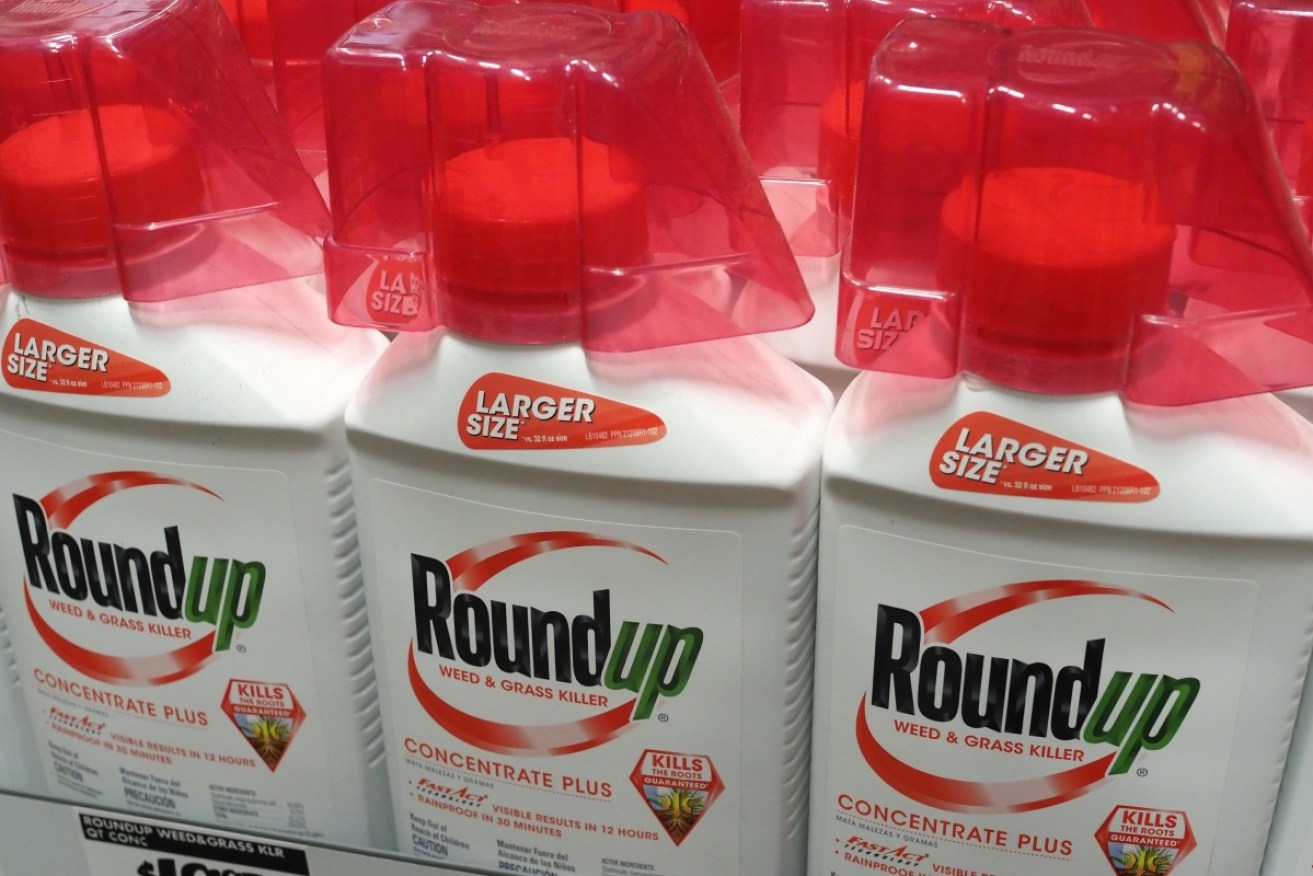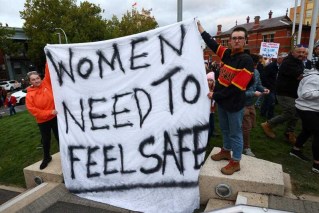Monsanto ordered to pay dying California man $395m in Roundup cancer trial


Monsanto round-up is one of the most common household herbicides. Photo: Getty
A dying man in the United States has been awarded $395 million in damages after a jury ruled agro-chemical giant Monsanto and its common household weed killer, were liable for his cancer.
But an Australian agricultural scientist who specialises in herbicides told The New Daily a jury was not the appropriate mechanism to determine if the man was dying of non-Hodgkin’s lymphoma after his exposure to Monsanto’s herbicide product, Roundup.
Californian man Dewayne Johnson, 46, was awarded the huge sum from his work as a groundskeeper at a San Francisco Bay Area school where he was responsible for pest control.
But University of Adelaide herbicide researcher Christopher Preston believes the system got it wrong.
“The complication with the US court case is it’s decided by a jury that is not scientifically trained and can sometimes be persuaded by other evidence than scientific evidence,” University of Adelaide herbicide researcher Christopher Preston said.
“We’ll have to see how this finishes up and whether there will be an appeal, and what the potential implications of this court case might be.”
The toxicity of Roundup, including its active ingredient – glyphosate – has been hotly contested, with some federal authorities saying it’s safe and others calling it carcinogenic to humans.
The herbicide is registered in 130 countries and authorities, including the Australian Pesticides Authority, the European Food Safety Authority and the United States Environmental Protection Agency, have deemed glyphosate “safe”, ruling it is unlikely to pose a cancer risk to humans
Meanwhile in 2015, the World Health Organisation’s International Agency for Research on Cancer (IARC) upgraded its assessment of Roundup from “possibly” to “probably carcinogenic to humans”, placing it in the same category as red meat.
But even this assessment became muddy when a statistician who recommended the WHO adopt the carcinogen ruling, quickly left to take up a lucrative consultancy dealing with the class action against Monsanto, according to the ABC.

Dewayne Johnson blamed Roundup for his terminal cancer diagnosis. Photo: AAP
The European Union in 2017 voted to phase out glyphosate in five years. But later that year, the European Commission’s Committee for Risk Assessment concluded that on the basis of available science, it did not cause cancer or act as an endocrine disrupter, and so voted to continue the licence.
Dr Preston told The New Daily there were some studies that suggested there was a link between glyphosate and cancers, but one of the largest US studies of herbicide applicators found no link.
He said glyphosate had a “low mammalian toxicity”, meaning a low toxicity for mammals, and even likened its toxicity as equal to common “table salt”.
“It would be really hard to consume enough to kill yourself,” Dr Preston said.
The Californian plaintiff who was awarded $342 million in punitive damages and more than $53 million in compensatory damages on Friday (US time), was diagnosed with lymphatic cancer at age 42.
The former groundskeeper’s victory is considered a landmark case, potentially setting a precedent for hundreds of other cancer patients suing Monsanto.
Mr Johnson’s case was also radical in that the judge allowed the plaintiff’s legal team to present scientific arguments.
Before the trial, California judge Curtis Karnow issued an order allowing jurors to consider scientific evidence as well as allegations Monsanto suppressed evidence of the risks of its weed killer products.








